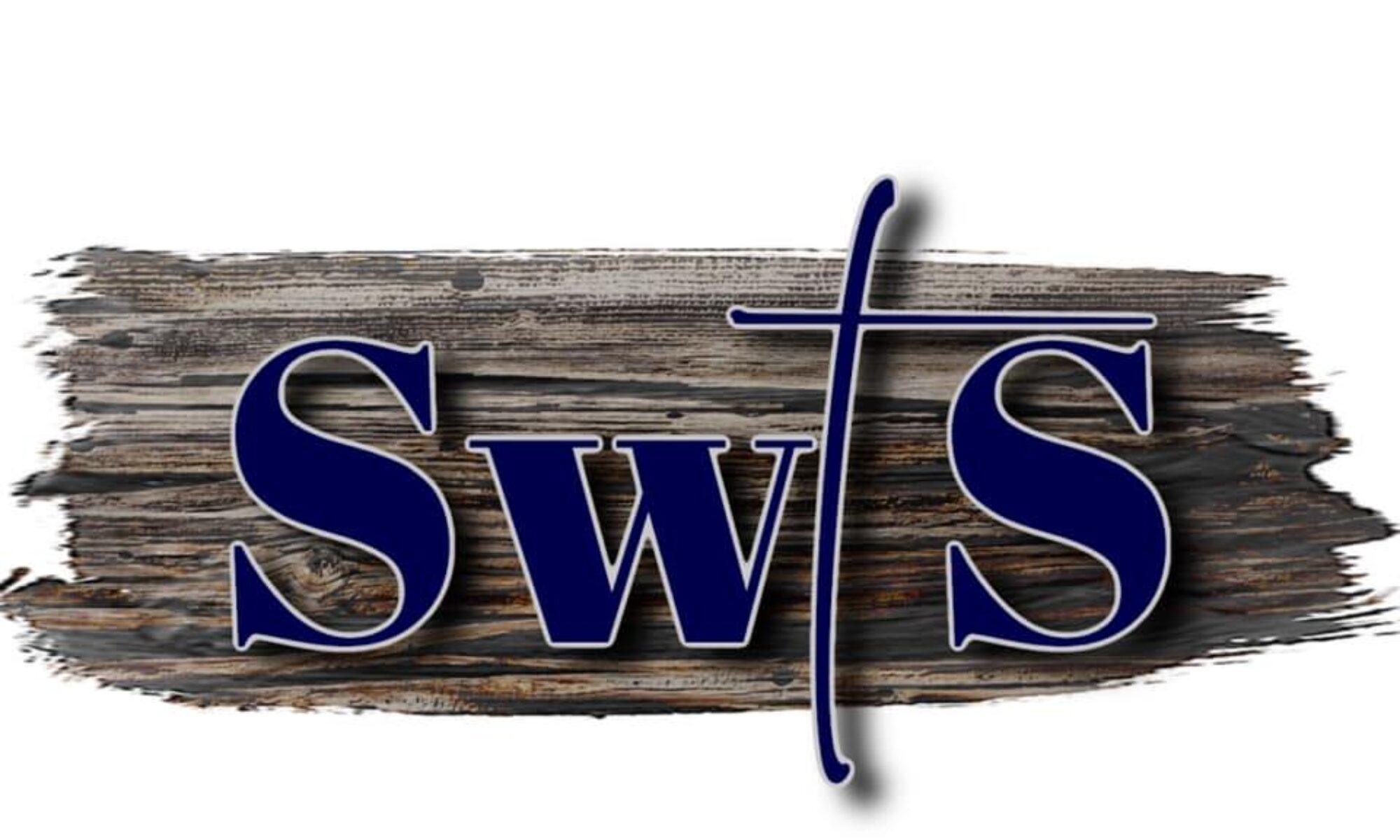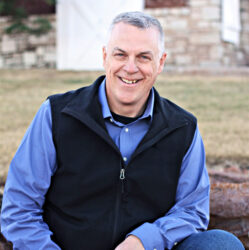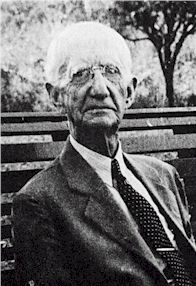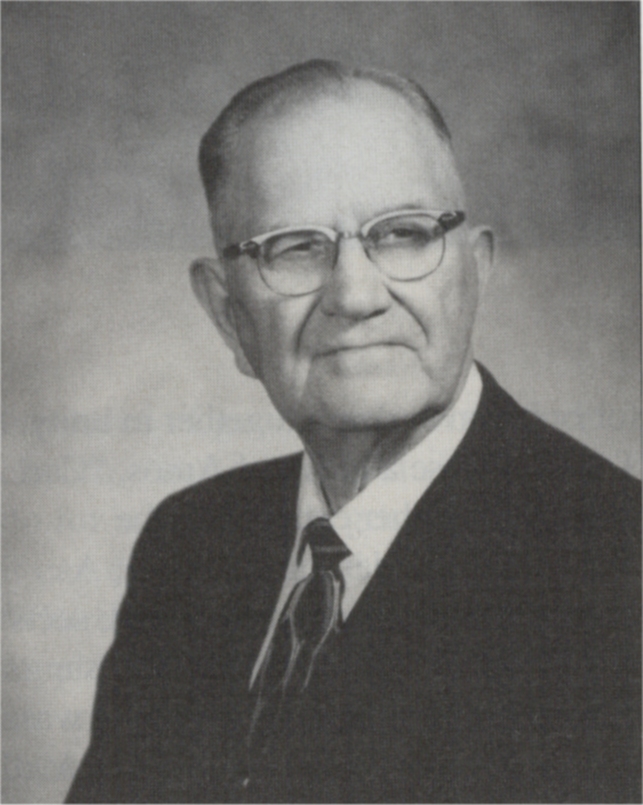Almost 35 years ago, a comedy hit the silver screen with the tag line, “Who 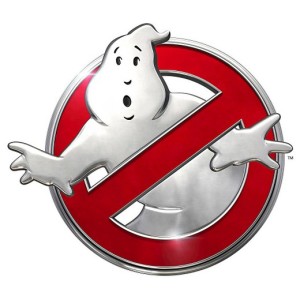 ya gonna call?” Most know the response as the title of the movie…”Ghostbusters!” If you have ghosts, call for help. But away from Hollywood, some 25 years earlier, the ‘Universal Emergency Number’ was established. You know that number as 9-1-1. A home invasion, a car accident, an injury or a threat on your life, any type of emergency would justify a call to 9-1-1. But when was the last time you picked up the phone and dialed 4-1-1? Do you know what you’d hear if you pushed those three numbers? This short, three digit number was established as directory assistance.
ya gonna call?” Most know the response as the title of the movie…”Ghostbusters!” If you have ghosts, call for help. But away from Hollywood, some 25 years earlier, the ‘Universal Emergency Number’ was established. You know that number as 9-1-1. A home invasion, a car accident, an injury or a threat on your life, any type of emergency would justify a call to 9-1-1. But when was the last time you picked up the phone and dialed 4-1-1? Do you know what you’d hear if you pushed those three numbers? This short, three digit number was established as directory assistance.
Whether you have ‘ghost,’ real-time emergencies or just need help finding some one’s number, we have an answer for that. But how often do we ignore the one who has all the answers and can assist us in any emergency. Do we take time to “call” the one who knows our needs even before we do? When life hits you with emergencies, and when you need ‘assistance,’ Who ya gonna call?’ Join us on Sunday morning as we ‘pick up the phone’ and make a call…though it might not be to 9-1-1 or 4-1-1.
“…I will sing with the spirit and I will sing with the mind also.” I Corinthians 14:15
Sunday morning, August 20, 2017
The following songs are found in the hymnal, Songs of Faith & Praise.
“Come Thou Almighty King” – 19
One of my favorite ‘Call to Worship’ songs is this plea we offer for God to come; help us, reign over us, bless us and descend upon us. Before we sing this last verse, notice what we’re saying…our highest praise we offer is to God, not just now, but forever (“Hence ever more…”). And as this verse concludes we ask one more request, “may we see His majesty in glory (heaven), and love Him and adore Him throughout all eternity.” You know…we’re opening our song service with a prayer.
“I Will Pray” – 840
When do you pray; at supper, in the morning, before you go to bed? Though we don’t sing this one very often, it is all encompassing hymn we sing to our Father. “Father, in the morning, at the noon and in the evening…I will pray!” Interestingly, the last verse proclaims we the idea that will pray from the beginning (birth) to the end (death).
“My Eyes Are Dry” – 792
What does it mean to have ‘dry eyes?’ We’re not singing about a medical condition, unless you talk about a hard heart. “My eyes are dry, my faith is old, my heart is hard, my prayers are cold…” Those are symptoms of a life that has forgotten who God is. But we sing this as a reminder that we don’t have to live with ‘dry eyes.’
“When My Loves for Christ Grows Weak” – 350
Follow the progression through this song. We’ve discussed it before (DATE), but let’s review. When my love for Christ is suffer, remember the garden where Christ prayed before His arrest. And as you recall that night, figuratively, ‘walk amid the shades’ and you’ll see that ‘suffering, friendless One weeping (Hebrews 5:7) and praying alone.’ But, when you ‘see’ a man distraught, but it doesn’t faze you (“When my love for man grows weak…”), then go to the cross, the Hill of Calvary. There, you will see the agony of the cross and the faith and love of Christ.
“Before the Throne of God” – No Book
During the passing of the collection plate, we’ll come “Before the Throne of God above…” We’ll sing it, but we’ll also talk about during this morning lesson’s. I wonder, would this song be a 9-1-1 or a 4-1-1?
“I Will Call Upon the Lord” – 63
For the song before the lesson (9-1-1…), it’s fitting that we ‘call’ upon the Lord. Why? Because, “He is worthy to be praised…” Psalm 18:3
“Lord We Come Before Thee Now” – 797
Though not a typical ‘invitation song,’ we’ll follow the message of this morning as we sing/pray, “Lord, we come before Thee now…” We’ll sing verse 1, 3 & 4, but let’s save the second verse as the closing. Notice the wording, “Lord, on Thee our souls depend: in compassion now descend; fill our hearts with Thy rich grace and tune our lips to sing Thy praise.”
“Be With US, Lord” – 778
As we close this morning, we’ll sing a familiar ‘closing song’ but with a twist. Rather than singing in the singular (Be with ME, Lord) we’ll sing it in the plural. “Be with us, Lord we can not live without Thee, we dare not try to take one step alone. We can not bear the loads of life unaided. We need Thy strength to lead ourselves upon.”
